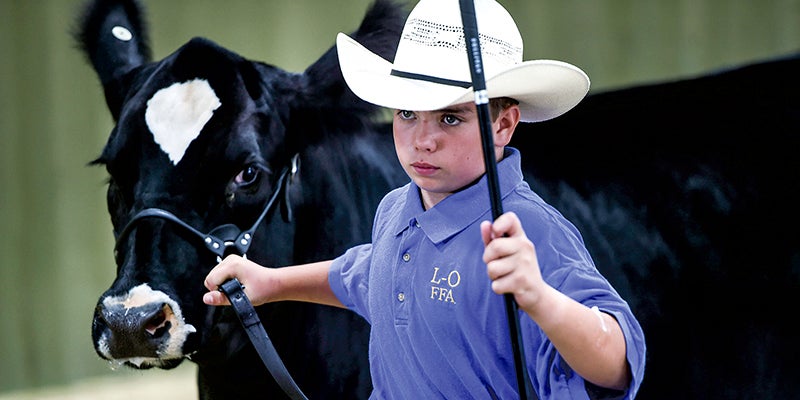Don’t forget to make your bed
Published 7:11 am Monday, August 31, 2009
Such a private thing as not making ones bed in childhood can become publicized into widespread news. A thing at the time thought momentary and inconsequential can re-emerge generations later. Children and young people need to be aware that very small things can persist and embarrass them and injure their reputations forever.
This very thing is happening at this very moment. Willie Brisbane, who at the time he failed to make his bed, was but 18 years old. He was at the time a cadet at the American Literary, Scientific, and Military Institute in Norwich, Vermont—now known simply as Norwich University. The date Willie neglected to make his bed was Sept. 24, 1825. More than 183 years later I am telling you about it, because his neglect was made a matter of record, preserved in school archives, and becomes permanent history as I write about it in his biography, forthcoming from a university press.
I was able to access this bit of arcane information because the military institute’s officer-of-the-day made a handwritten note on the spot and also of similar infractions. Two other cadets, also named, were discovered not to have made their beds. Three others had not swept their rooms. At nine in the morning two were in “another Room,” and yet two others were “lying down in another Room.” Scandalous, apparently. If not such, then at least recorded—for history.
Cadet Brisbane of South Carolina occupied Room 5. Next door in Room 7 was Cadet Gideon Welles of Connecticut, who would become a lawyer and then Secretary of the Navy in Lincoln’s cabinet. The OD recorded nothing of Welles and left him to make history more customarily.
Of course, my archival research would not have uncovered this about the boy who would become noted as the Rev. William Henry Brisbane, M.D., if this had been all there was he did in and with his life. He was soon to inherit a substantial plantation on the Ashley River north of Charleston, SC. Born into an aristocratic and wealthy slaveholding family, he also owned two large summer homes on Charleston’s battery. And he inherited 30 slaves.
What has put his name in more than 30 books of history was not that he failed to make his bed on Sept. 24, 1825 (I will do him this favor), but that he rose above his native culture and recognized slavery as evil.
He freed his own slaves and became an active, well known abolitionist.
He became a chaplain in the Union army and then chairman of the U.S. Direct Tax Commission for South Carolina. His mission was to confiscate abandoned plantations, necessarily including those of his relatives and former neighbors, around Port Royal and Beaufort.
On the day Lincoln’s Emancipation Proclamation became effective, New Years Day 1863, it was he who read it to the first group of slaves freed by it. Many came to farm the very plantations on which they were once slaves or to acquire small tracts of their own.
Dr. Brisbane was a great man, highly regarded for his prescience about slavery and courage in going against the tide. He exercised a strong influence on others to free their slaves and, later, to accept the emancipation of all.
Despite all these accomplishments, 183 years later his silly indiscretion remains recorded in history. Who knows how much of what you do today — or even fail to do — will be in public print 183 years from how, in the year 2192?
Kids, did you make your bed this morning?




